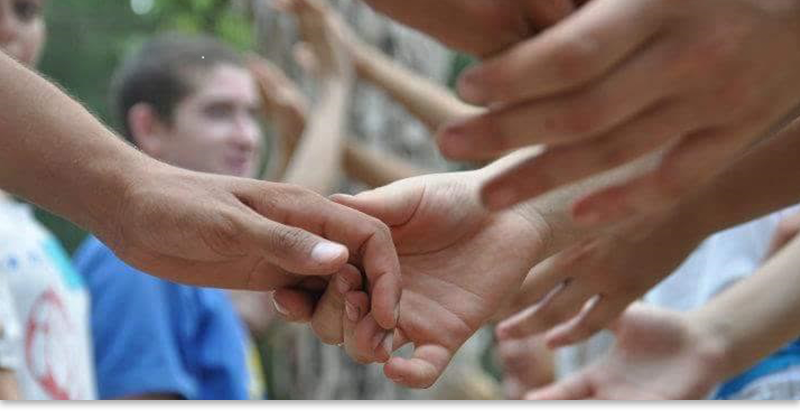Self-Management
Self-management begins from day one of the program and develops from there. Participants come from backgrounds where many have experienced a protected upbringing, and they lack skills in practicing independence and taking responsibility. In addition, we see them as mature enough to set solid goals for themselves and to pursue them. The organizational process does not lead to anarchy and nihilism, but rather to taking on many more obligations. As in every process included in the program, the organizational process must first be accompanied by discussion and learning, and then followed by action and experience.
The Personal Process
- Leaving home, departing from the old familiar frameworks of school and friendship circles, and making life in the Mechina the center of focus.
- Experiencing group life.
- Exposure to new content, ideas, worlds of meaning and intellectual appeal.
- Setting personal aims and objectives for the duration of the program.
- Developing self-awareness: Implementing a process of authentic inspection, self-knowledge.
- Development and progress: There is no stopping – once a milestone is achieved, the next milestone is established. The process constitutes continuous growth and development.
- Maturity: Departing from the program with a wealth of values alongside the unending journey of life.
During the course of the year, participants will have personal mentors to accompany them every step of the way.
Group Life
The preparatory program participants are in fact a dynamic, developing, active group, leading an intense existence throughout the duration of the program. This is a group in which all members feel deep and authentic connections to each other through mutual responsibility, friendship, and commitment to the lifestyle of the Mechina program. The idea of being part of the group points at a willingness for mutual sharing, and establishing dialog and trust between each member and oneself. Life in the group is based on the principle of self-management in such a way that within the first few days of the program, the process of attaining self-autonomy commences. Over the year, authority and decision-making is increasingly handed over from the mechina leaders to the participants so that by the end of the program, participants are managing every aspect of their lives alone.
As the year progresses, self-management tools are accumulated. At the same time, the areas of autonomy increase, which assist in developing almost completely independent management in the last third of the year. As the level of self-autonomy rises, so does the standard of the participants’ commitment to upholding the lifestyle and standards set either by themselves, or by the program leaders.

